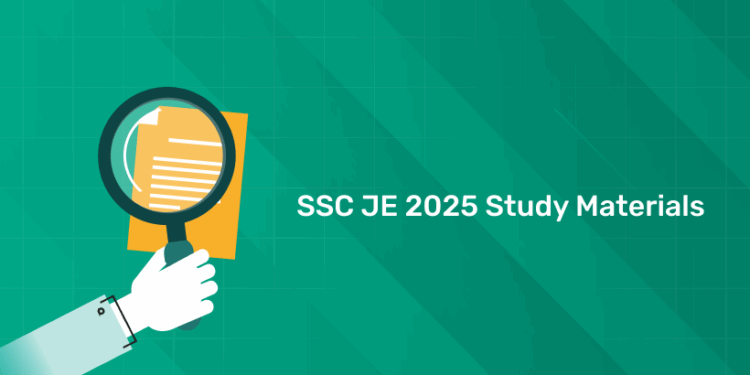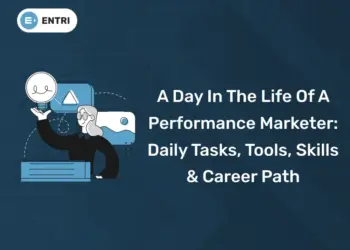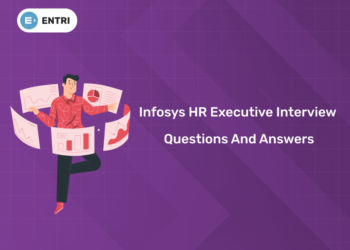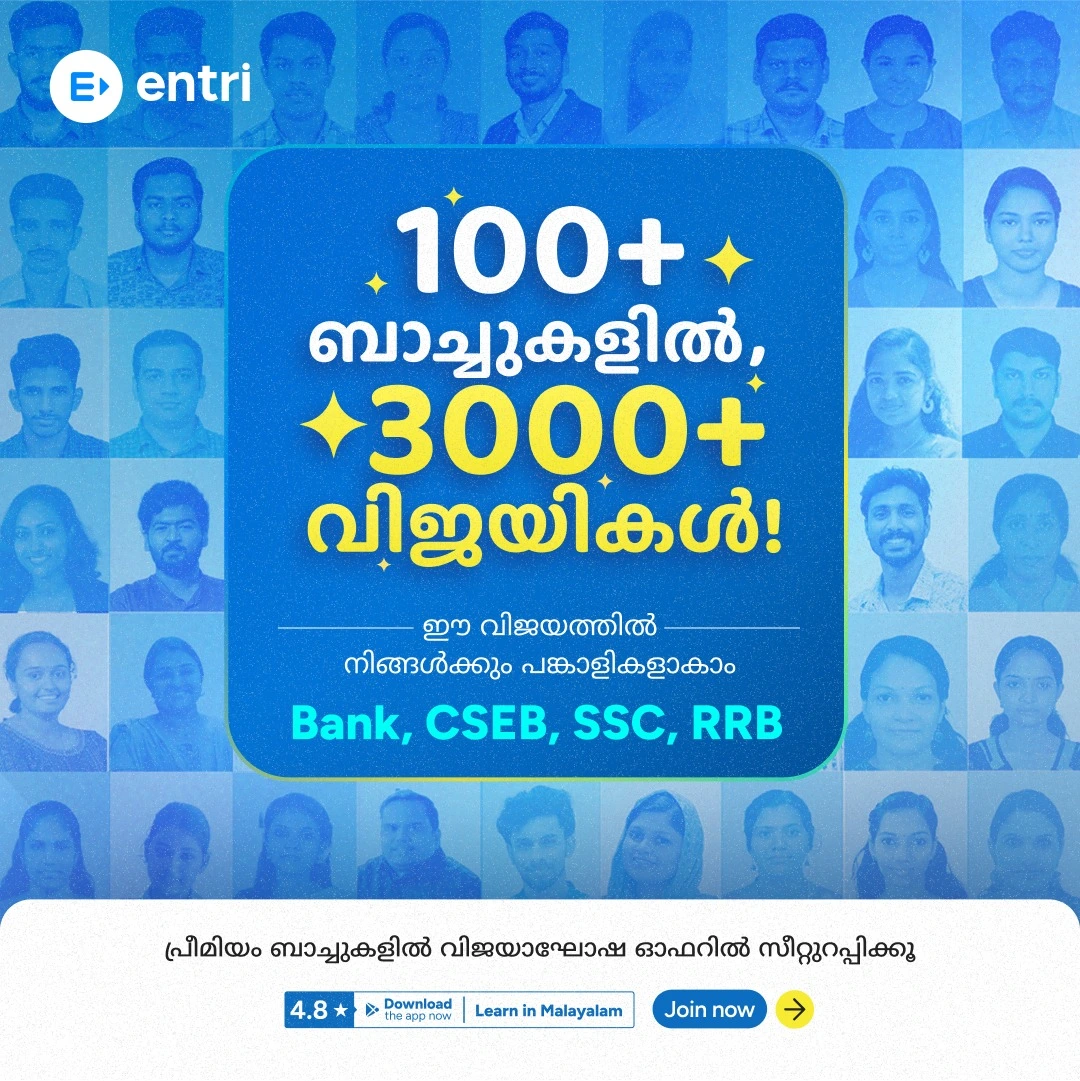Table of Contents
Preparing for SSC JE 2025? Get started with free, high-quality study material for Civil, Mechanical, and Electrical branches. From topic-wise notes to solved questions and PDFs, these resources are designed to help you crack both Paper I and Paper II with ease. Download the SSC JE 2025 study material now and begin your preparation with the right strategy.
SSC JE Recruitment 2025 Notification Overview
| Topic | Details |
| Exam organizing Body | SSC |
| Full form | Staff Selection Commission |
| Name of Examination | SSC Junior Engineer |
| Vacancies | 1340 |
| Application Mode | Online |
| Online Registration start | June 30, 2025 |
| Online Registration end | July 21, 2025 |
| Selection Procedure | Paper 1 Exam
Paper 2 Exam Document Verification |
| Salary range | INR 35,400/- to INR 1,12,400/- |
| Location of the job | Delhi NCR |
| Authorized website | www.ssc.nic.in |
SSC JE 2025 Study Materials for Civil, Mech & Electrical
1: In a certain code language, ‘ROK’ is written as ‘44’ and ‘MIG’ is written as ‘29’. What will be the code for ‘TAL’ in that code language?
To help you prepare effectively, we’ve curated stream-wise SSC JE 2025 study materials. Below, you’ll find subject-specific notes, PDFs, previous year papers, and practice sets for Civil, Mechanical, and Electrical engineering. Use these resources to strengthen your concepts.
SSC JE Syllabus & Exam Pattern
Understand what topics to study and how marks are distributed to plan effectively.
Previous Year Question Papers
Analyze the trend, difficulty level, and important topics by practicing past papers.
SSC JE 2025 Civil Question Papers
| Year | Download Link |
|---|---|
| 2010 | |
| 2011 | |
| 2012 |
SSC JE 2025 Electrical Question Papers
| Year | Download Link |
|---|---|
| 2018 | |
| 2017 | |
| 2016 |
SSC JE Mechanical Question Papers
| Year | Download Link |
|---|---|
| 2010 | |
| 2017 |
Standard Textbooks for Core Subjects
Build strong fundamentals using recommended books for Civil, Mechanical, or Electrical streams.
Topic-wise Practice Question Banks
Strengthen each subject area with focused practice sets and improve accuracy.
Objective Question Books (MCQs)
Practice multiple-choice questions to prepare for the Paper-I format.
Descriptive Answer Writing Practice
For Paper-II, work on structured and neat answers based on conventional engineering problems.
General Intelligence & Reasoning Books
Improve problem-solving skills and logical reasoning, which carry 50 marks in Paper-I.
General Awareness Books
Stay updated on static GK, history, polity, and science with books like Lucent GK.
Current Affairs PDFs
Read weekly or monthly current affairs for updated knowledge and exam relevance.
Mock Tests & Online Test Series
Replicate the real exam environment to improve your speed, accuracy, and time management.
Revision Notes & Short Tricks PDFs
Use them for quick recaps before the exam—very helpful for last-minute prep.
YouTube Lectures / Video Courses
Visual learning can simplify difficult concepts, especially in core subjects.
Formula Sheets & Quick Reference Charts
Keep important formulas and key data handy for regular revision.
Time Management & Strategy Guides
Learn how toppers plan their prep, manage time, and prioritize topics.
Practice free mock tests on the Entri app to improve your performance. Regular practice helps you understand the exam pattern, analyze your progress, and focus on important questions likely to appear in the exam. Download Entri now and start your SSC JE preparation with expert support!









![25+ Idioms About Success and Failure for IELTS Speaking [With Examples]](https://entri.app/blog/wp-content/uploads/2025/07/25-Idioms-About-Success-and-Failure-for-IELTS-Speaking-With-Examples-75x75.png)

